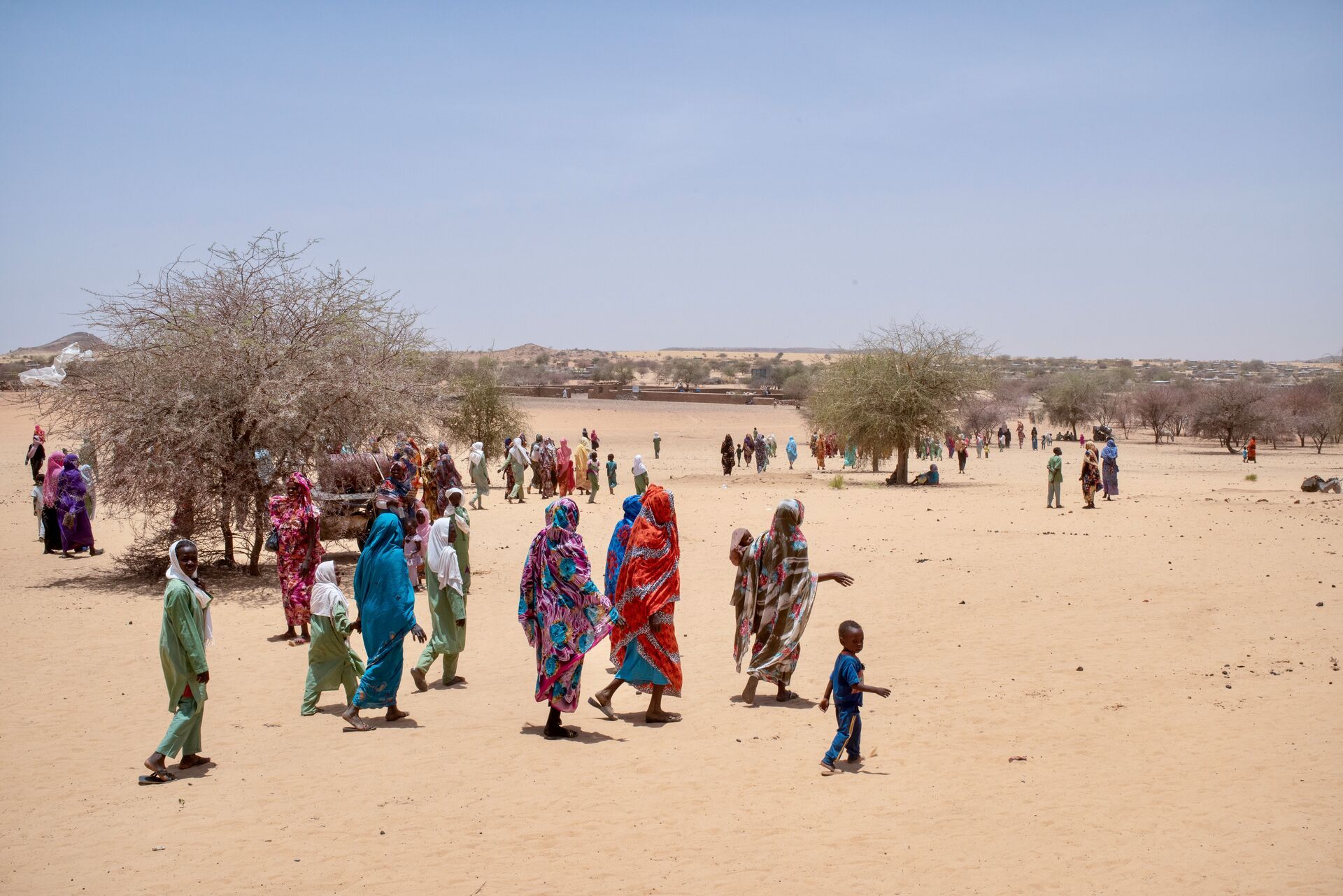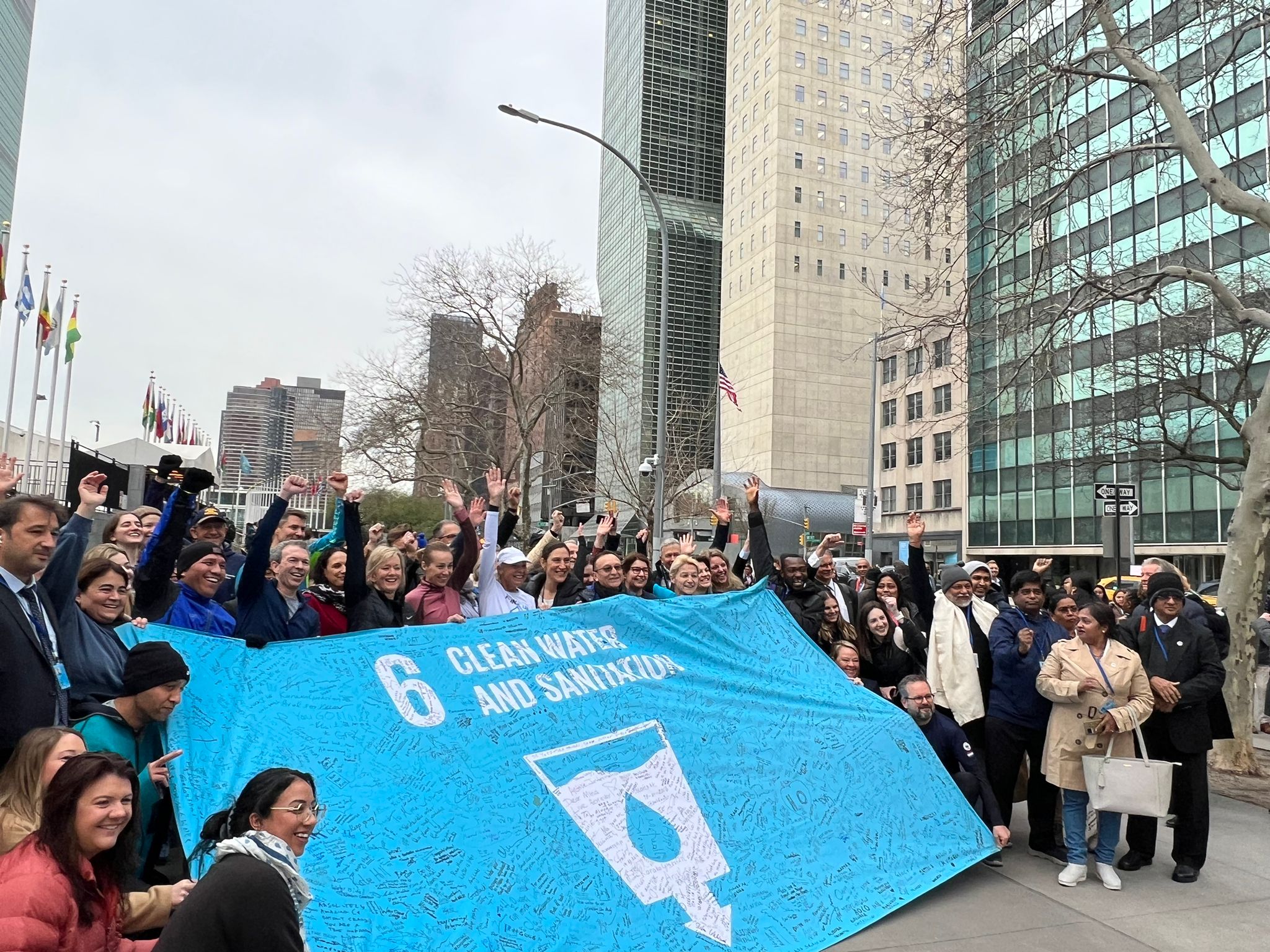
Stockholm: The People’s World Commission on Drought and Flood (PWCDF) emerged as a crucial global initiative during World Water Week 2022 in Stockholm, Sweden. The PWCDF was established with the noble mission of mitigating the risks posed by extreme weather events, such as droughts and floods, on lives, livelihoods, and ecosystems.
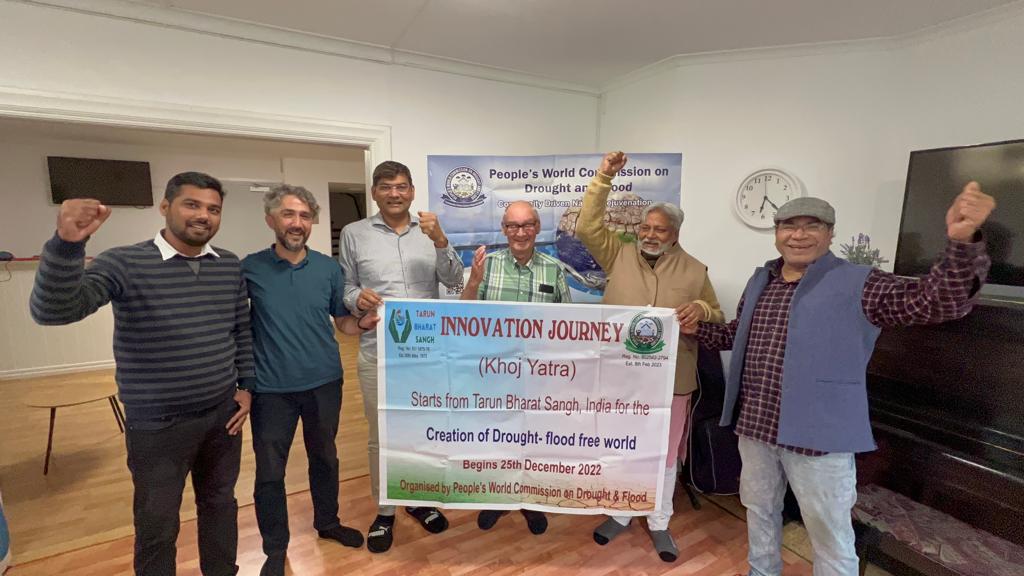
In the span of just one year, the PWCDF has made remarkable strides in fulfilling its mission and achieving its goals and objectives.
The Commission’s mission to reduce climate risks associated with droughts and floods while fostering community-centred nature rejuvenation has seen vigorous implementation through various initiatives and engagements. Its overarching goal, which aimed to unite diverse stakeholders including communities, scientists, engineers, technocrats, environmentalists, and youth in an effort to reduce the impacts of climate-related disasters and build grassroots resilience, has been significantly advanced.
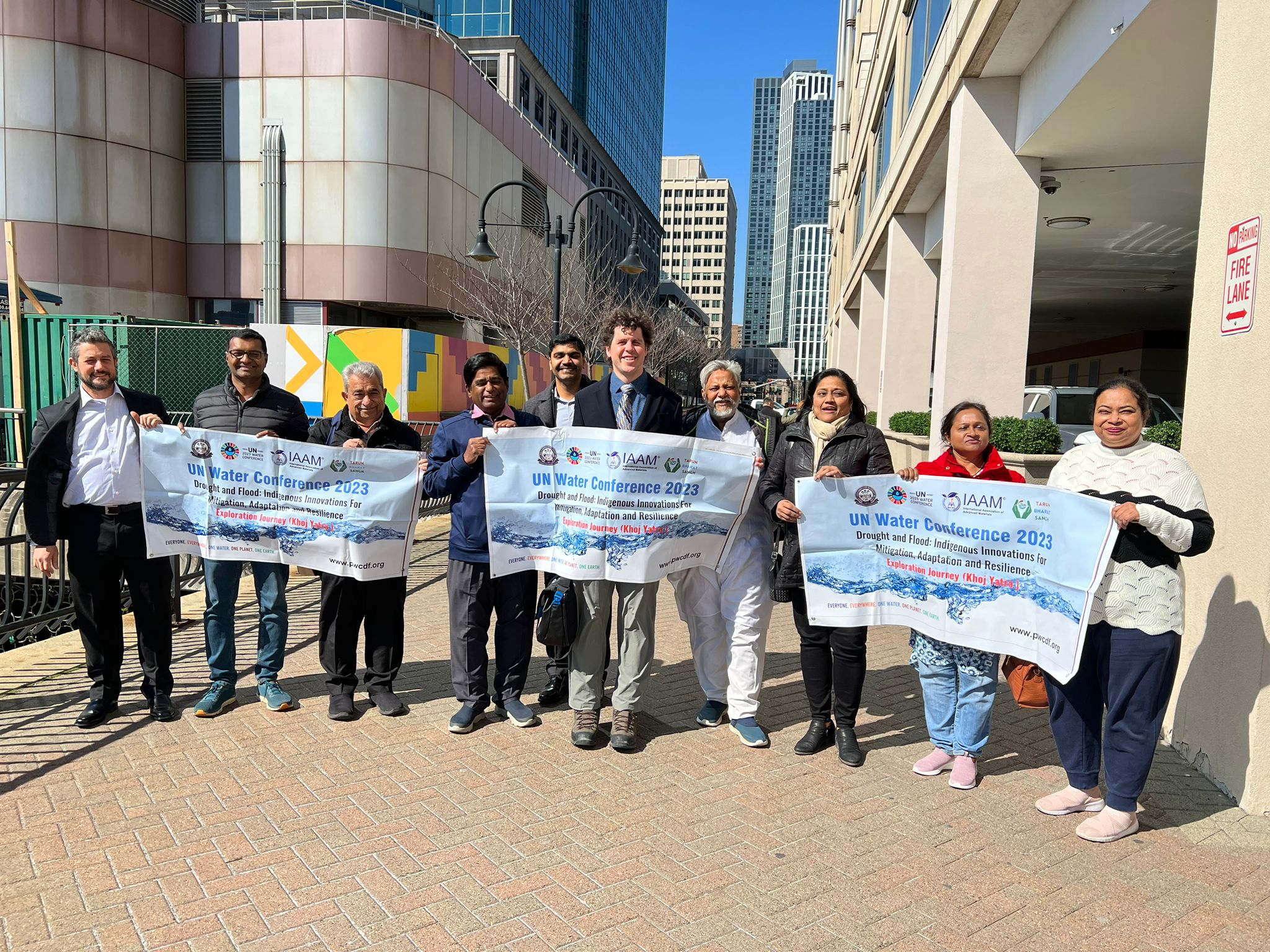
This year’s efforts have effectively created a cohesive network of experts and community leaders, aligning with the Commission’s objectives of preparing annual state-of-the-art reports, documenting community-centred actions, advocating for increased resilience investments, and promoting environmental education among students.
In addition to its existing objectives, the PWCDF has undertaken two more pivotal goals to further its mission and vision. Firstly, it aims to transform water-centric marginalized societies into comprehensive guardians of the natural living world, empowering water-dependent communities to become stewards of their local ecosystems. Secondly, it seeks to mitigate displacement by creating environmental adaptation and mitigation strategies in the face of climate change, preventing global conflicts and displacement.
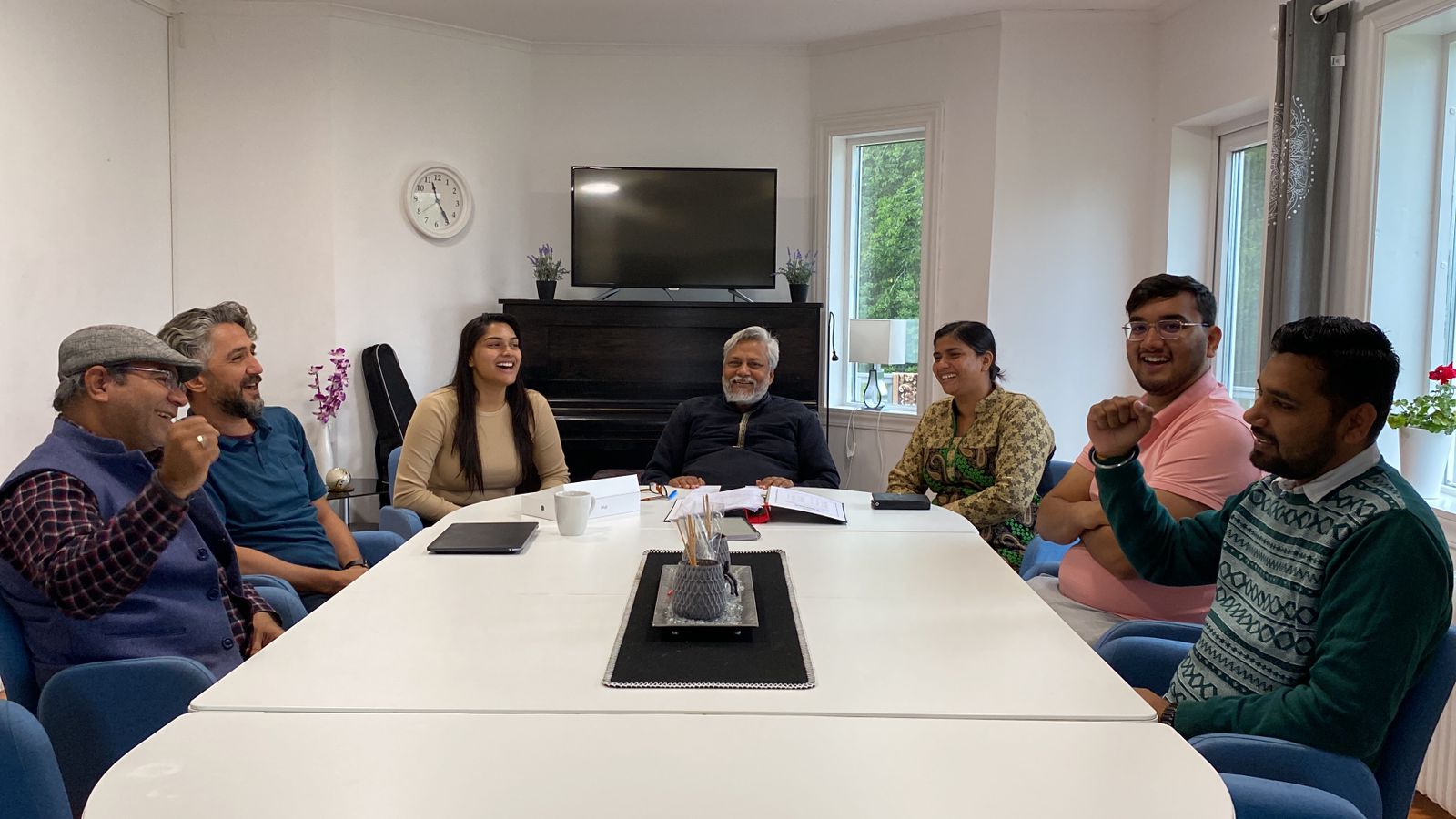
Driven by the chairmanship of Dr Rajendra Singh, known as the Waterman of India and a recipient of the 2015 Stockholm Water Prize, one of the standout accomplishments of the PWCDF has been the organization of international conferences on droughts and floods, bringing together 4,000 participants from across the globe. These conferences have served as knowledge-sharing platforms, fostering collaboration among experts, policymakers, and community leaders and propelling the discourse on effective strategies for addressing extreme weather challenges.
Also read: अमृत महोत्सव से प्रेरित है सुखाड़-बाढ़ विश्व जन आयोग
Furthermore, the PWCDF’s commitment to understanding the intricate relationship between water scarcity, conflicts, and peacebuilding is evident through the hosting of two international conferences on water and peace, facilitating dialogues and advocating for sustainable solutions that prioritize both water resources and peace.
At the national level in India, the PWCDF has made an indelible impact by organizing 52 national conferences on droughts and floods, engaging 35,000 individuals and addressing region-specific challenges. Additionally, the Commission has addressed flood-related issues through nine dedicated national conferences, attracting 900 participants and bolstering expertise in flood mitigation strategies and preparedness.
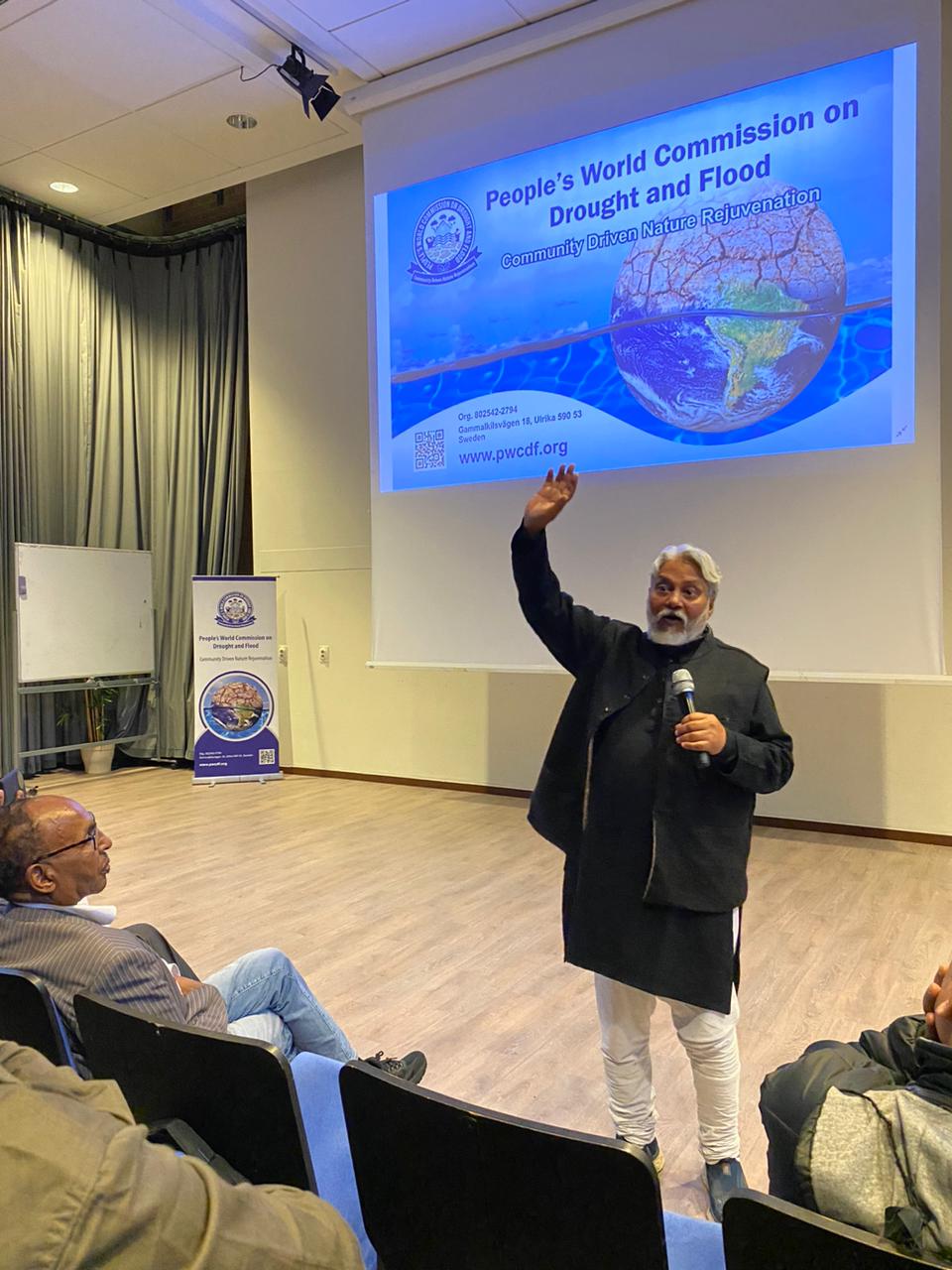 The Commission’s commitment to capacity building is evident through the 102 workshops conducted, reaching 50,000 participants, imparting practical skills and techniques for managing droughts and floods and enhancing resilience. In the pursuit of its mission, the PWCDF has initiated 107 skill development programmes, benefiting 10,000 participants and equipping them with specialized skills essential for effective drought and flood mitigation.
The Commission’s commitment to capacity building is evident through the 102 workshops conducted, reaching 50,000 participants, imparting practical skills and techniques for managing droughts and floods and enhancing resilience. In the pursuit of its mission, the PWCDF has initiated 107 skill development programmes, benefiting 10,000 participants and equipping them with specialized skills essential for effective drought and flood mitigation.
Perhaps one of the most significant endeavours of the PWCDF has been its engagement with the public through 260 public meetings, with a staggering participation of 200,000 individuals. These meetings have been instrumental in raising awareness, garnering support, and involving communities in drought and flood management initiatives, ensuring that local perspectives and needs are central to decision-making processes.
The initiation of action work in India, Portugal, South Africa, Egypt, and Kenya by the People’s World Commission on Drought and Flood (PWCDF) is a significant step forward in addressing the pressing challenges posed by extreme weather events in these regions. Through its various conferences, workshops, skill development programs, and public meetings, the PWCDF has fostered knowledge exchange, capacity building, and community engagement. These efforts have contributed to the reduction of risks associated with droughts and floods, ultimately leading to the protection of lives, livelihoods, and ecosystems.
The PWCDF’s commitment to community-driven nature rejuvenation and its dedication to building a sustainable future serve as a testament to the importance of collective action in addressing the challenges posed by climate change.
*The writer is a scientist at the Institute of Advanced Materials (IAAM), Sweden.


 By
By 


